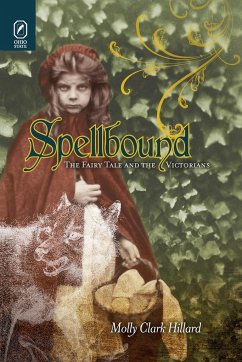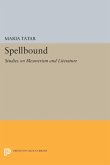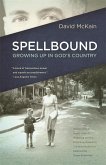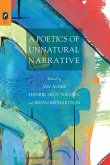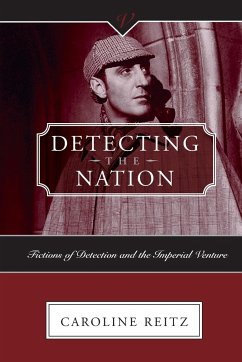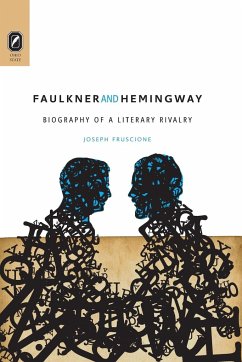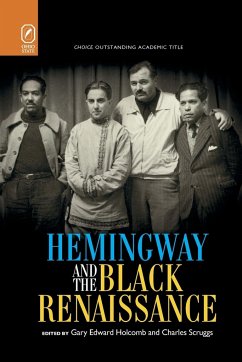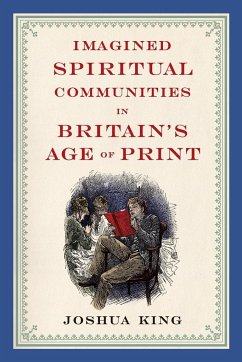In examining the relationship between fairy tales and Victorian culture, Molly Clark Hillard concludes that the Victorians were "spellbound": novelists, poets, and playwrights were self-avowedly enchanted by these tales. At the same time, Spellbound: The Fairy Tale and the Victorians shows that literary genres were bound to the fairy tale and dependent on its forms and figures to make meaning. But these "spellbound" literary artists also feared that fairy tales exuded an originative power that pervaded and precluded authored work. In part to dispel the fairy tale's potency, Victorians resolved this tension by treating the form as a nostalgic refuge from an industrial age, a quaint remnant of the pre-literacy of childhood and peasantry, and a form fit not for modern gentlemen but rather for old wives. Through close readings of the novels of Dickens, Eliot, and Charlotte Brontë; the poetry of Tennyson and Christina Rossetti; the visual artistry of Burne-Jones and Punch; and the popular theatricals of dramatists like Planche and Buckingham, Spellbound opens fresh territory into well-traversed titles of the Victorian canon. Hillard demonstrates that these literary forms were all cross-pollenated by the fairy tale and that their authors were-however reluctantly-purveyors of disruptive fairy tale matter over which they had but imperfect control.
Hinweis: Dieser Artikel kann nur an eine deutsche Lieferadresse ausgeliefert werden.
Hinweis: Dieser Artikel kann nur an eine deutsche Lieferadresse ausgeliefert werden.

